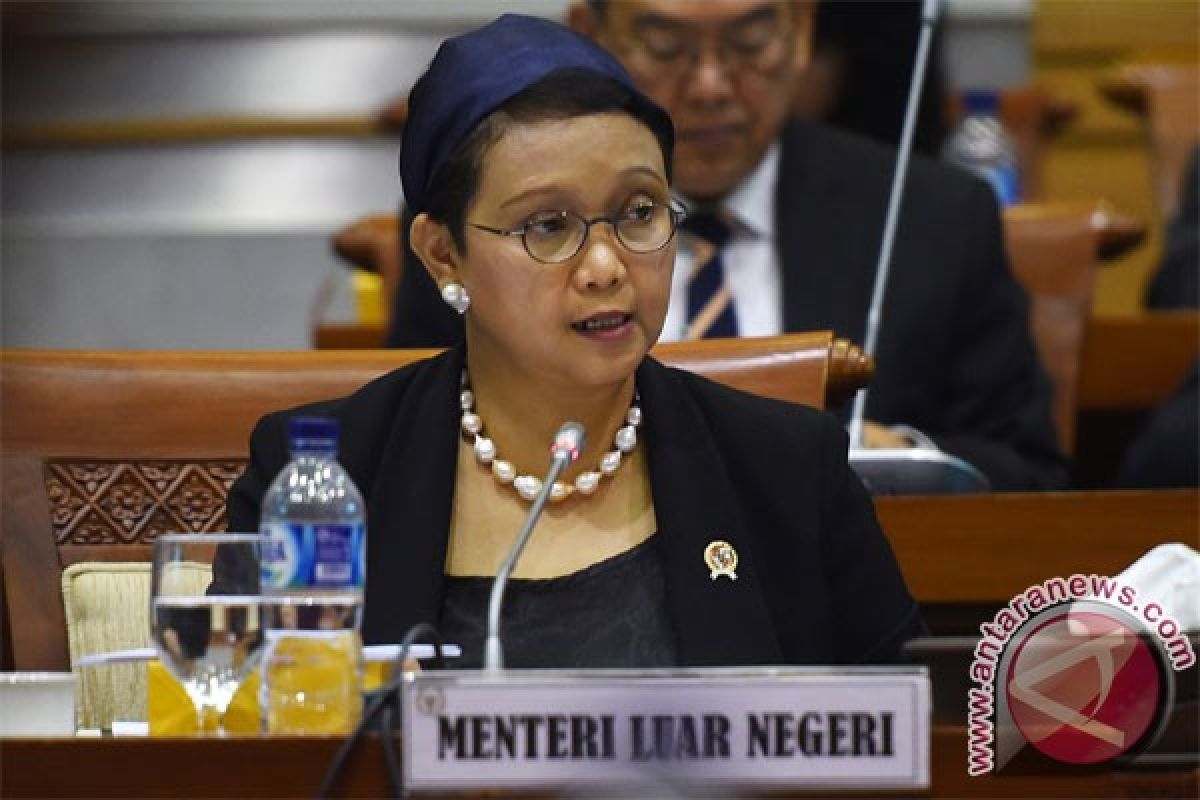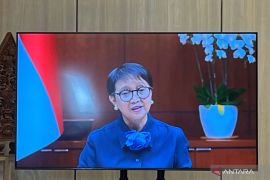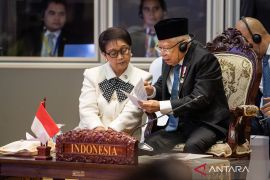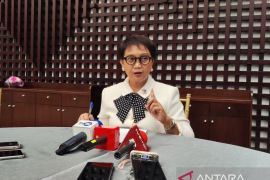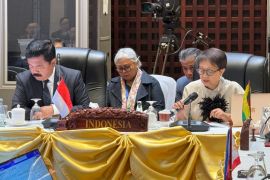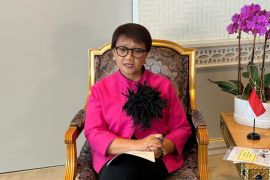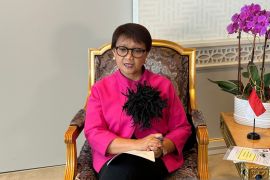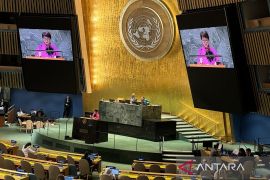Retno Marsudi in her opening remarks emphasized that the Bali Process must be able to deal with emergency situations, strengthen its law enforcement mechanisms, answer humanitarian question, and contribute in addressing the root causes to achieve durable solutions to irregular migration.
She recalled that in May 2015, the Bali Process was not able to address sudden movements of irregular migration in the Andaman Sea and the Bay of Bengal.
Indonesia, Malaysia, and Thailand were impacted by the influx of Rohingya refugees from Myanmar and Bangladesh.
"This must not happen again. Indonesia believes, in this case, humanitarian aspect must prevail. It was for this reason that Indonesia went the extra mile in accepting irregular migrants last year. But the task at hand is much bigger than one country can handle by itself. Therefore, we need to establish a special mechanism that would allow us to address this collectively," the minister stated.
To continue the efforts of strengthening the law enforcement of the Bali Process, she suggested the enhancement of intelligence cooperation, joint and coordinated operations, cooperation between border-control and prosecuting authorities, as well as maritime security cooperation.
She also urged cooperation to expedite the processing of asylum seekers and refugees.
Principle of burden sharing between origin, transit, and destination countries must be put into concrete actions, she noted.
"The role of relevant international organizations, such as UNHCR and IOM and civil society must also be included in the process," she said.
The reduction of poverty, unemployment and environmental degradation is also needed to address the root of causes, she noted.
"On behalf of the co-chairmanship, I thank all delegations for the commitment to addressing the problems of people smuggling and human trafficking. With such a commitment, our cooperation has become stronger in facing challenges in the future," Minister Retno Marsudi remarked.
The Bali Process Conference was attended by 45 member countries, 17 observer countries, and several UN bodies such as the United Nations High Commissioner for Refugees (UNHCR) and the International Organization for Migration (IOM). ***2***
A060 (f001)
(T.SYS/A/F001/F001) 23-03-2016 10:29:02
Editor: Fardah Assegaf
Copyright © ANTARA 2016
